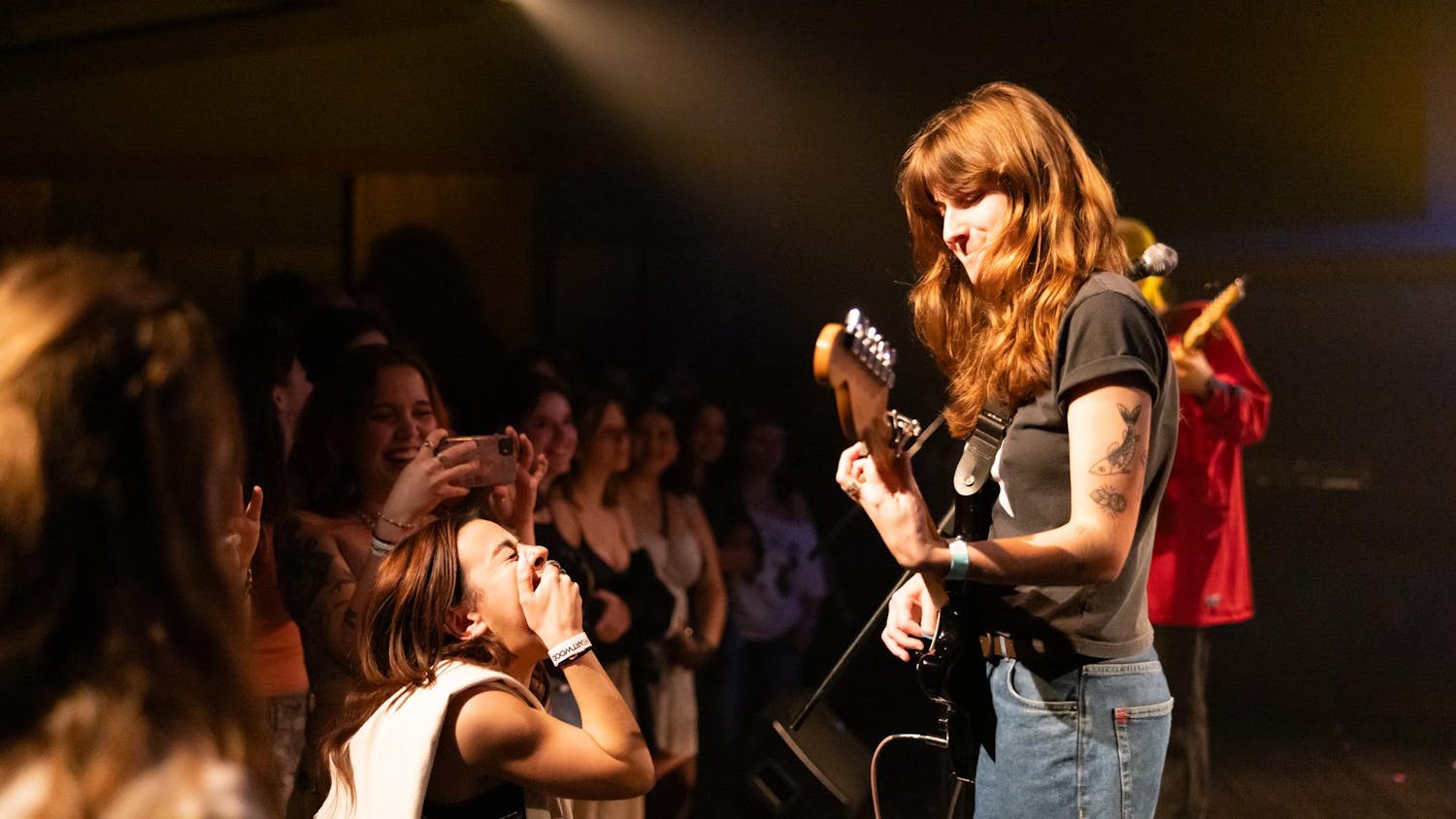April 21 marks the fifth-annual Record Store Day, an unofficial holiday that originally began here in the United States but is now celebrated around the globe. Its goal is to commemorate the art of music by uniting the unique culture of independent record stores with the artists who support them and their loyal fans.
The idea behind it all came from a man named Chris Brown, marketing director at Bull Moose. Bull Moose was first established in Brunswick, Maine, as a small and modestly simple record store which, over two years, grew to 10 stores. As the decade progressed, it became the largest retailer of pre-owned and new music, movies, books and video games across the state of Maine and parts of New Hampshire.
Although conceived by Brown, Record Store Day was originally founded in 2007 by Eric Levin, Michael Kurtz, Carrie Colliton, Amy Dorfman, Don Van Cleave and Brian Poehner. It quickly spread past our borders and became an international phenomenon. Gatherings across the globe celebrated with artist performances, parades, delicious cookouts and much more in honor of music culture.
Line outside of Spillers Records in Cardiff, Wales. (Amy Davies, 2011)
Metallica kicked off the special day’s inauguration in the San Francisco area back in 2008, with over 300 stores in 21 countries participating worldwide. Some of the other artists to join its first year included Vampire Weekend, R.E.M., Death Cab For Cutie, Jason Mraz, Weezer and more. Over the years, Record Store Day has seen a number of musicians releasing vinyls of unreleased and exclusive music, with a wide variety of contributing artists like Bob Dylan, Alice in Chains, of Montreal, Gogol Bordello, The Black Keys and TV on the Radio.
Brown’s ingenuous visualization helped revive a music trend that died out way too quickly. Most styles — rock and roll, blues, disco and jazz, to name a few — were being overpowered by the huge wave of mainstream music that has captured most of today’s listeners. However, in the few years it has been around, Record Label Day has inspired an endless amount of artists to release their music via vinyl.
Cory Campbell browses through vinyl at Val's Halla Records, a 40-year-old Oak Park establishment. (Chicago Sun Times, 2009)
There is another positive aspect to all this: electronic music. Like the styles I mentioned before, electronic music became overpowered by the mainstream music of the early 2000s, but with time, its rebirth into the music scene came back around, and it is now prominent in mainstream pop culture once again. With artists like Daft Punk, Wolfgang Gartner, Duck Sauce, Daedelus and Madeon, the vinyl way of life has further progressed itself into the conventions of today’s youth.
One of the 500 limited vinyls released of Madeon’s new single “Icarus.”
The greatest thing about independent record stores is that they strive to keep the traditions of previous generations alive today. They bring together members of the community who want to maintain the culture and tap into the customs of the past. Personally, I enjoy using records as an outlet for my music. Unfortunately, I did not take advantage of any of the event’s exclusive offers this year, but I know a handful of people who indulged in it.
Can this be the revamp of vinyl? I think so.
Posts in Sound Drip appear on Wednesdays. Follow @bionicbeatlab on Twitter.









